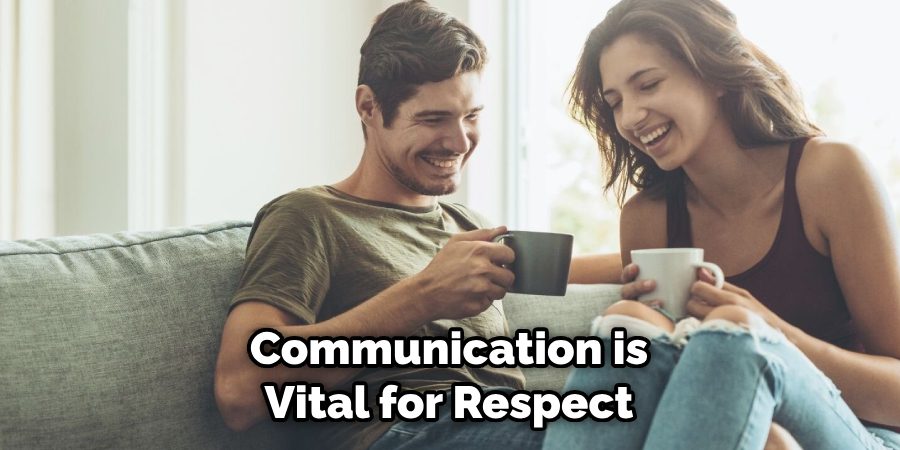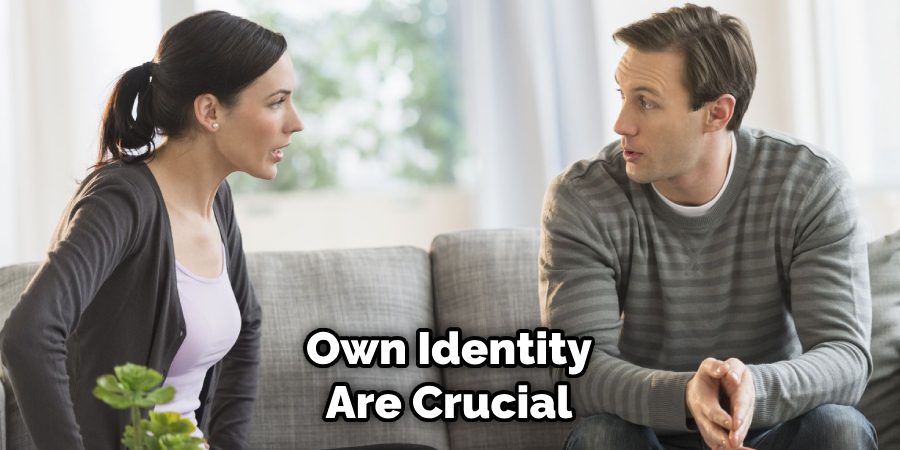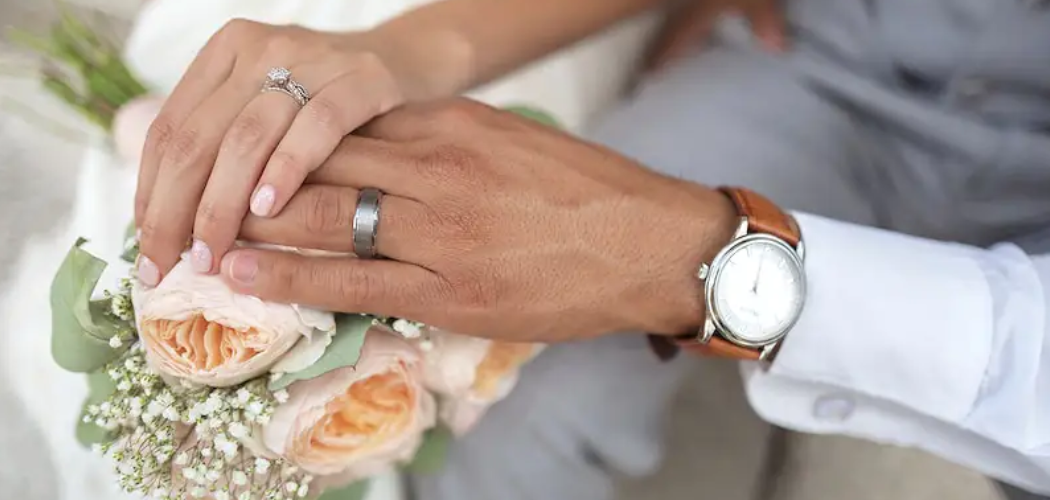Relationships need balance and equal power. Feeling like you’re always giving more can cause resentment. It’s vital to keep comfort, trust, and effort equal.

In this article covered, How to Pull Back in a Relationship. If you feel out of balance, it’s time to take back control. This article will show you how to pull back without hurting your relationship. We’ll talk about setting boundaries and finding balance in your love life.
Key Takeaways
- Recognizing power imbalances and their impact on relationship health is crucial.
- Setting clear boundaries and communicating your needs effectively can help regain control.
- Maintaining individual identity and independence is essential in a healthy relationship.
- Developing self-confidence and breaking unhealthy patterns can lead to a more balanced dynamic.
- Fostering mutual growth, respect, and effort is key to a thriving relationship.
Understanding Power Dynamics in Relationships
Power dynamics are key in any healthy relationship. When power is uneven, it can cause resentment and hurt the connection between partners. Knowing the signs of power imbalance helps us work towards a more balanced and fulfilling partnership.
Signs of Power Imbalance
Signs include one partner making all decisions, controlling money, or planning all activities. This can make the other partner feel ignored, upset, and unsupported. Also, ignoring someone’s achievements or not considering their feelings when deciding is unhealthy.
Impact on Relationship Health
Power imbalances can harm intimacy, communication, and overall happiness. When one partner always leads or ignores the other’s needs, it can lead to resentment and loneliness. This can damage the trust and respect needed for a healthy relationship.
Common Causes of Control Issues
Control issues often come from insecurity, past trauma, or fear of being left. People with these issues might try to control their partner to feel secure. Understanding what drives control issues is key to fixing them and creating a balanced relationship.
How to Pull Back in a Relationship
Pulling back in a relationship is a delicate dance. It’s often needed to respect personal needs, prevent emotional burnout, and maintain individuality in relationships. The goal is to create healthy space without harming the bond with your partner.

Setting clear boundaries is a key step. This might mean deciding how often to call your partner or cutting down on texting hours. Being open and clear about your needs is crucial during this time.
- A survey showed that up to 32 percent of American adults have been ghosted, highlighting the need for clear communication.
- Talking to a relationship therapist can help if you’re struggling to distance yourself from a relationship.
Keeping your own identity and independence is also vital. Don’t play games or pretend to be unavailable. Instead, show confidence and be genuinely unavailable sometimes. This can help you regain power in the relationship.
Also, it’s important to speak up about your feelings and give each other space. Research from 2017 found that withdrawing after a fight can make it harder to emotionally recover. It also affects your partner’s recovery.
By setting boundaries, communicating well, and keeping your individuality, how to pull back in a relationship while respecting personal needs, preventing emotional burnout, and maintaining individuality. It’s a fine balance, but it can make your connection stronger.
Setting Healthy Boundaries for Personal Space
It’s important to find a balance between being close and independent in relationships. Setting healthy boundaries for our personal space is key. Good communication helps us share our needs and expectations clearly.
Communicating Your Needs Effectively
When discussing our needs, it is best to use “I” statements. For example, “I need some quiet time” or “I like to have my own hobbies.” This avoids blaming and keeps the conversation open and honest.
Maintaining Individual Identity
Keeping our own identity is vital for respecting our needs and boundaries. This means having our own hobbies, friends, and interests. It helps us stay independent while being in a fulfilling relationship.
Creating Space Without Causing Distance
Finding the right mix of togetherness and independence is tricky. We should talk about needing personal space without it seeming like we’re pushing away. Being clear about what we need and treating our partner fairly helps us set good boundaries.

Setting healthy boundaries for personal space shows self-love and respect for our partner. By talking about our needs, keeping our own identity, and creating space without distance, we build strong relationships. These relationships grow on mutual understanding and respect.
Building Self-Confidence and Independence
Starting to regain power in a relationship often begins with personal growth. Focusing on maintaining our individuality and our goals is key. It prevents emotional burnout and helps both partners grow together.
Past relationships may have made us lose ourselves. We might have felt we needed the relationship for happiness and validation. But, by starting a journey of self-love and self-actualization, we can change this. We can build a healthier, more balanced relationship.
Remember, self-love is a journey, not a quick fix. To grow self-love in a relationship, we should keep our own space. We should take responsibility for our happiness and acknowledge our partner’s positive views of us. We should also accept our flaws, forgive ourselves, and practice self-love rituals.
- Celebrating each other’s successes
- Making decisions for oneself
- Spending time apart
- Talking openly about everything
- Setting personal goals alongside couple goals
By valuing independence in a relationship, we gain many benefits. We can be true to ourselves, develop self-worth, and feel more secure. This encourages honesty, promotes mental health, and brings stability to the relationship.
| Benefits of Being Independent in a Relationship |
| Being true to oneself without pretense |
| Developing a strong sense of self-worth and self-esteem |
| Feeling more secure within the relationship |
| Encouraging honesty and openness |
| Promoting good mental health and stability |
Breaking the Push-Pull Cycle

Relationships can sometimes get stuck in a frustrating “push-pull” cycle. One partner wants closeness, while the other pulls back. Then, they both chase each other again. This cycle can be exhausting and make emotions unstable, but there are ways to escape it.
Recognizing Unhealthy Patterns
The first step is to spot the unhealthy push-pull behaviors in your relationship. A 2017 study found that pulling away after a fight makes it harder to get over the emotional impact. It also slows down your partner’s emotional healing. Spotting these patterns is key to making positive changes.
Developing Emotional Stability
Building emotional stability is crucial to break the push-pull cycle. Those in push-and-pull relationships might have unhealed wounds from the past or unhealthy relationship experiences. This can lead to negative views on partnerships. Learning to handle emotions well and challenge negative thoughts can help you feel stronger and more secure.
Moving Beyond Fear of Intimacy
People in push-and-pull relationships often lack self-confidence or have lower self-esteem. Facing fears of abandonment or past traumas can help you move past the cycle of closeness and withdrawal. Therapy can be a great help in overcoming these challenges and building healthier relationship patterns.
By avoiding codependency, allowing partner autonomy, and fostering mutual growth, you can break the push-pull cycle. This way, you can build more fulfilling and stable relationships.
Fostering Mutual Growth and Respect
Creating a healthy, fulfilling relationship is more than finding the right partner. It’s about growing together and respecting each other. This balance is key to a lasting connection.
Respect means admiring and valuing each other’s thoughts, feelings, and rights. It’s the heart of a strong relationship, bringing harmony and reducing fights. Frei & Shaver (2002) say respect builds trust and understanding, helping the relationship grow.

Good communication is vital for respect. Listening actively, talking honestly, and being willing to compromise show respect. Asking questions and validating each other’s views show you care about understanding and honoring each other.
- Setting and keeping boundaries is crucial for mutual respect.
- Saying sorry when you’re wrong and taking responsibility shows respect.
- Respecting boundaries, giving space, and supporting dreams show mutual respect.
Mutual respect is key for personal growth in a relationship. Disrespect or abuse can stop personal growth and prevent partners from reaching their goals. By growing together with respect, couples can build a strong, lasting bond.
Frequently Asked Questions
What are the signs of a power imbalance in a relationship?
Signs include one partner making all decisions and controlling money. They might also dictate what to do socially. This can cause resentment and hurt the relationship.
What are the common causes of control issues in relationships?
Control issues often stem from insecurity, past trauma, or fear of being left. Understanding these reasons is key to fixing power imbalances.
How can I pull back into a relationship without causing damage?
To pull back healthily, set clear boundaries and talk about your needs. Keep your own identity strong. It’s vital to be confident and sometimes unavailable, yet still independent.
Why is it important to set healthy boundaries in a relationship?

Healthy boundaries keep personal space in a relationship. Good communication and keeping your own identity are crucial. Finding a balance between being together and independent is important.
How can I build self-confidence and independence in my relationship?
Building self-confidence and independence is vital. Focus on personal growth and achieving your goals. Knowing your worth helps you stand up for yourself and meet your relationship needs.
How can I break the push-pull cycle in my relationship?
The push-pull cycle is about wanting closeness and then pulling away. Recognize unhealthy patterns and work on emotional stability. Addressing fears and past traumas is crucial to break this cycle.
What are the key components of fostering mutual growth and respect in a relationship?
Mutual growth and respect come from supporting each other’s goals and working together. Good communication, listening, and understanding are essential. Celebrating each other’s progress strengthens your bond.
Conclusion
Creating space and staying connected in a relationship is a journey worth taking. Understanding power dynamics, setting boundaries, and building self-confidence help us break free from unhealthy patterns. This way, we foster mutual growth and respect.
Change takes time and patience, but it’s possible with open communication and a commitment to personal and relationship development. This leads to a healthier, more fulfilling partnership.
It’s important not to jump to negative conclusions about our partner’s behavior. Instead, consider the broader context and circumstances. This mindful approach can reduce conflicts and misunderstandings.
By improving our cognitive tendencies, we can build stronger, more resilient connections. This effort enhances our ability to form lasting bonds.
Let’s embrace the chance to pull back into a relationship and create space while nurturing intimacy and closeness. We can reclaim balance and control with patience, communication, and focus on personal and mutual growth. This lays the foundation for a deeply fulfilling partnership.




